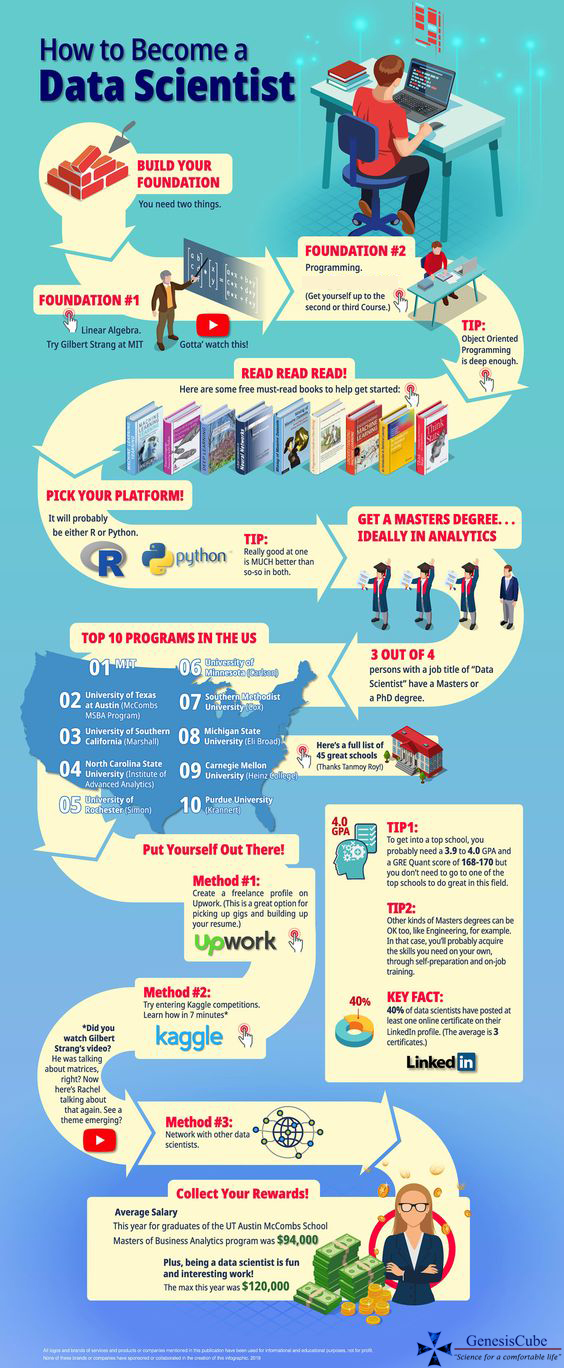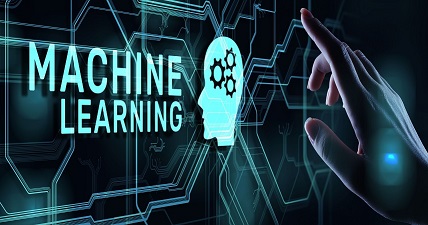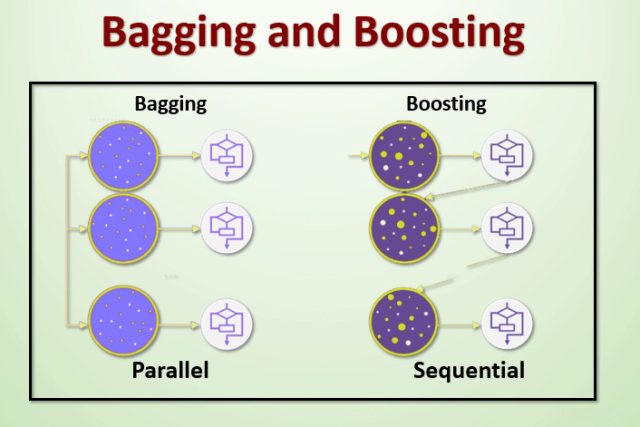Data science is the science of analyzing data using statistics and machine learning with the purpose of drawing conclusions about that data.
It is known to everyone that how popular Data Science is. Now the questions that arise are, what is Data Science? and Who is Data Scientist?
Who is Data Scientist?
Data Scientist is a professional who utilizes computer programming and combines it with descriptive statistics to create insights from data.
A data scientist is responsible for drawing insights and making informed predictions about industry trends and the company’s growth through detailed data analysis.
Data scientists also frequently work alongside machine learning engineers to conduct this analysis.
What does a Data Scientist do?
A data scientist’s role centers on collecting, cleansing and analyzing data that can be used to improve company decision-making.
Based on their findings, a data scientist makes recommendations to business decision-makers to guide development and business planning decisions.
Data Scientist Role
Data scientist role can divide into three major categories.
- Business Intelligence
- Data scientists focus on using company information to create actionable insights and present them to consumers, team members or other audiences in the form of readily understood reports and presentations.
- Decision Science
- Decision science is all about distilling findings and sharing business-driven insights with company decision makers who can use them to shape business strategy.
- Machine Learning
- Data scientists strive to create machine learning models and put them into continuous production for project goals.
Data Scientist Responsibilities
- Find, filter and analyze patterns and trends from datasets.
- Build machine learning models to make predictions.
- Report findings and recommendations to enterprise stakeholders.
- Test and modify algorithms and models.
- Use data tools like to process datasets.
- Use data visualization tools to compile and display findings.
- Collaborate and communicate between teams and stakeholders.
How to Become a Data Scientist?
Data scientists may come to the field from a variety of disciplines, including engineering, computer science, business or social sciences.
Because title data scientist can refer to many types of jobs in a range of industries, skills you need may be vary.
Skills
- Ability to analyze and draw conclusions from raw data.
- Experience supporting teams in reaching their goals.
- Data analysis, manipulation and mining.
- Computer programming languages (Python, R).
- Math is also important to help us in understanding machine learning algorithms.
- Machine learning knowledge.
- Verbal and written communication.
- Problem solving.
- Critical thinking.
Prerequisites
- At least Bachelor’s degree in data science, computer science, or a similar field.
- Several years of data analysis, data engineering or statistics experience.
- Probability is also significant to statistics, and it is considered a prerequisite for mastering data science and machine learning.
- Statistics understanding is very significant as this is a part of data analysis.
Data Scientists Tools
Now you have a better idea of what data scientists do, these are some of the tools that capable data scientists use regularly.
- Excel
- It is a versatile program and an excellent tool for data scientists. It’s useful for organizing and editing data, creating graphs and sharing that info with non-specialist clients.
- Python
- Python is a programming language that is beloved by data scientists. It maintains a large collection of open-source libraries that empower data scientists to manage, assess and apply their data easily.
- R
- It offers flexible environment for creating graphics. Data scientists can use this suite to produce high-quality graphics and perform advanced statistical analyses.
- Tableau
- It is an accessible data visualization and analysis tool that provides real time data analysis.
- SQL
- It is the standard language used to query relational databases.
- Machine Learning
- Machine learning overlaps with data analysis. Data scientists who specialize in machine learning automate analytical models and ensure that digital systems can independently identify patterns and make decisions without constant human guidance.
- SAS
- SAS is a closed-source software that is used by large organizations to analyze data. SAS offers numerous statistical libraries and tools that you can use for modeling and organizing your data.
- Apache Spark
- Apache Spark is a powerful analytics engine, and it is the most used data science tool. Spark is specifically designed to handle batch processing. It comes with many APIs that facilitate data scientists to make repeated access to data for machine learning, storage in SQL, etc.
- MATLAB
- It is a multi-paradigm numerical computing environment for processing mathematical information. It is a closed-source software that facilitates matrix functions, algorithmic implementation and statistical modeling of data. In data science, MATLAB is used for simulating neural networks and fuzzy logic.
- Jupyter
- Jupyter is an open-source web-application tool based on IPython for helping developers in making interactive computing experiences. Jupyter supports multiple languages like Julia, Python, and R.
- Jupyter is a widely popular tool that is designed to address the requirements of Data Science.
- MongoDB
- MongoDB is an open-source, document-oriented NoSQL database management software that allows data science professionals to manage semi-structured and unstructured data. It is an alternative to a traditional database management system where all the data has to be structured.
- TensorFlow
- It is the most widely accepted data science tool and is popular because of its Machine Learning and Deep Learning libraries.
It enables data science professionals to develop data analysis and machine learning algorithms or models.
- It is the most widely accepted data science tool and is popular because of its Machine Learning and Deep Learning libraries.
Data Scientist Career Path Infographic

If you have excellent communication skills and an aptitude for analysis, this might be your career.
We are always open to your questions and suggestions.
You can share this post on LinkedIn, Facebook, Twitter, so someone in need might stumble upon this.
Recommended for you:
Machine Learning Engineer
Data Science Meaning




MOST COMMENTED
Tutorial
Important Methods in Matplotlib
Machine Learning
Bias and Variance Tradeoff Machine Learning
Tutorial
Multiclass and Multilabel Classification
Machine Learning
Reinforcement Learning in Machine Learning
Deep Learning
Alexnet Architecture Code
Machine Learning
Machine Learning Models Explained